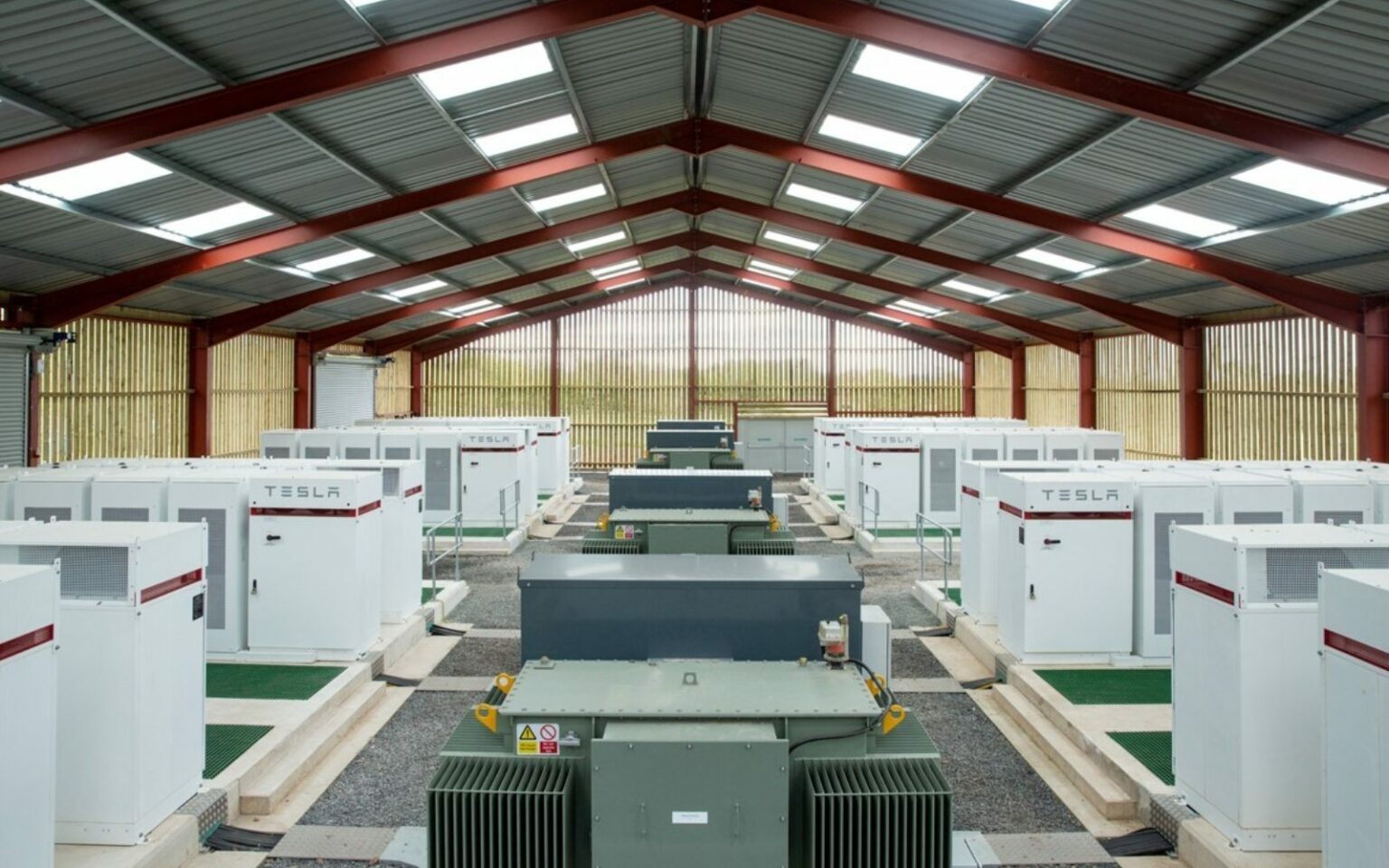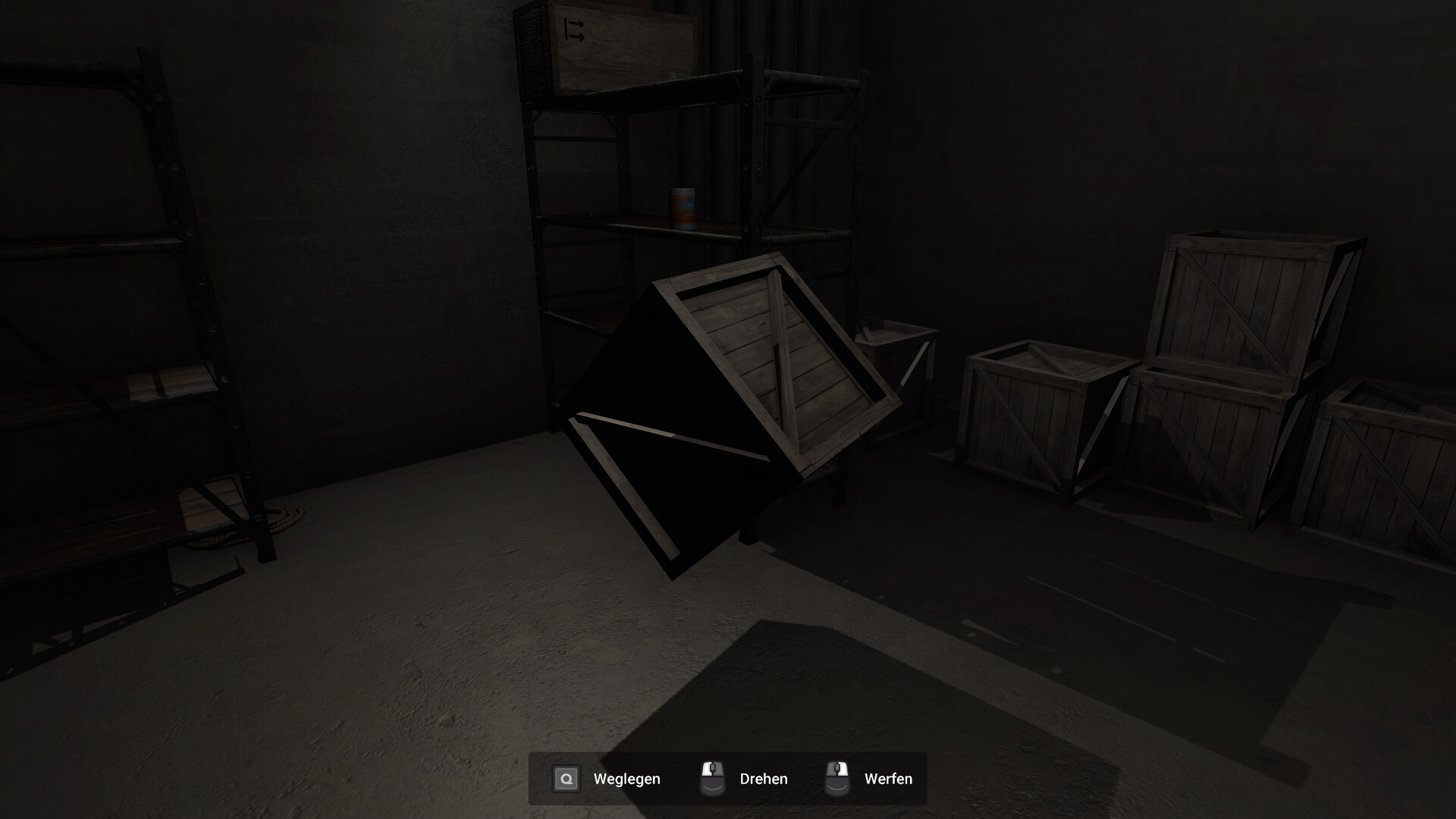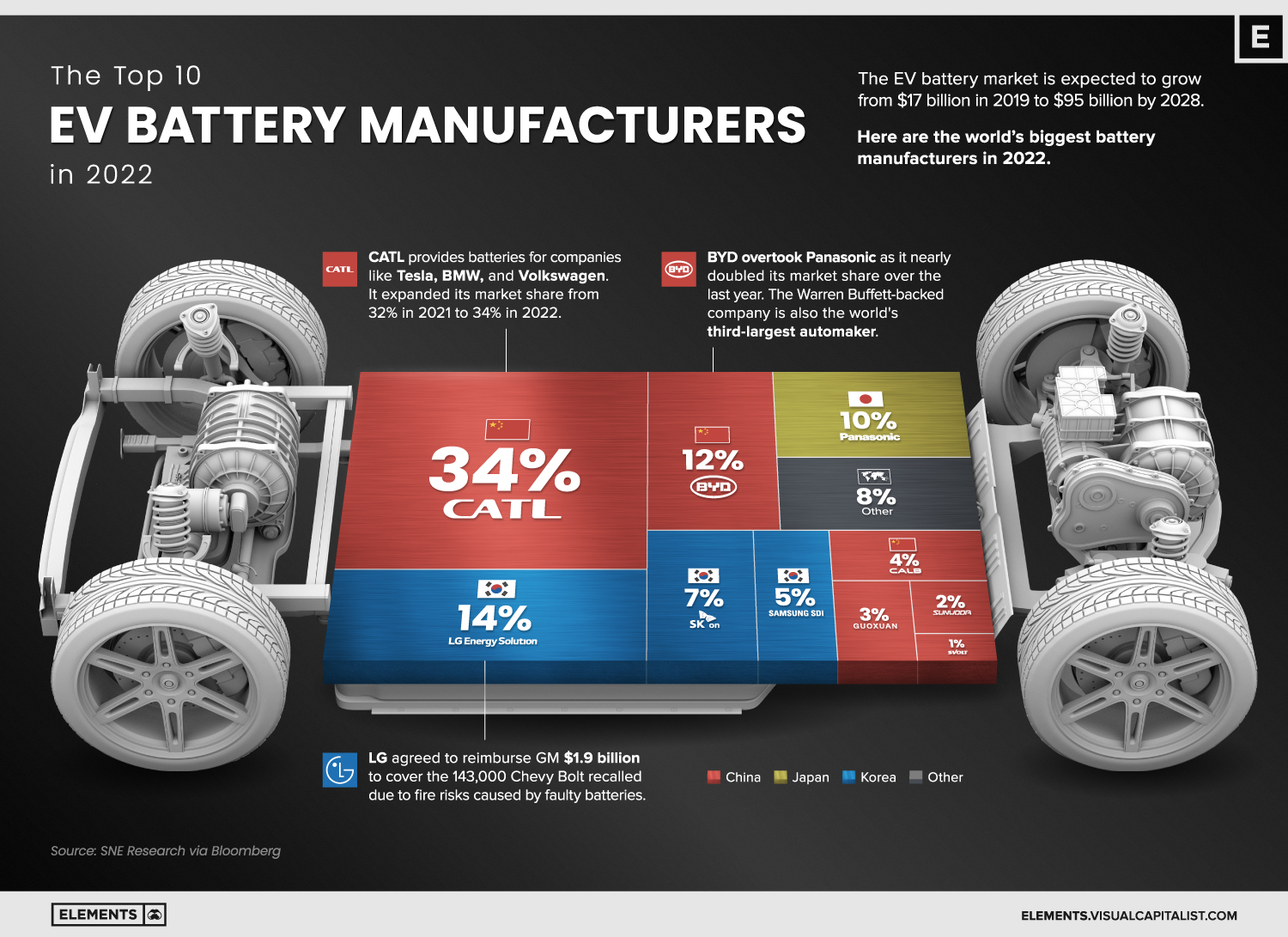Belgium's Energy Landscape: Financing Options For A 270MWh BESS Project

Table of Contents
Understanding the Belgian Energy Market & BESS Investment Needs
Belgium's energy market is undergoing a significant transformation, driven by the EU's ambitious renewable energy targets and a commitment to reducing carbon emissions. The increasing integration of intermittent renewable energy sources, such as solar and wind power, presents significant challenges to grid stability. Battery Energy Storage Systems (BESS) play a critical role in addressing these challenges, providing crucial grid services like frequency regulation and peak shaving.
Government policies and incentives in Belgium strongly support renewable energy and energy storage projects. Several programs offer subsidies, tax benefits, and streamlined permitting processes to encourage investment in these technologies. This supportive regulatory environment, coupled with the growing demand for grid stabilization and improved energy efficiency, creates a lucrative market for BESS projects.
- Increasing need for grid stabilization: The fluctuating nature of solar and wind power necessitates robust energy storage solutions to ensure grid reliability and prevent blackouts. BESS projects are vital in managing this intermittency.
- Government subsidies and tax benefits: The Flemish, Walloon, and Brussels regions, along with the European Union, offer various financial incentives for renewable energy and energy storage projects, significantly reducing the initial investment cost.
- Market opportunities for BESS projects: Beyond grid stabilization, BESS projects in Belgium can participate in frequency regulation markets, providing ancillary services to grid operators and generating additional revenue streams. Peak shaving capabilities also offer significant cost savings for both grid operators and consumers.
- Expected ROI for BESS projects: The strong regulatory support, coupled with the growing demand for grid services and the potential for ancillary revenue, makes BESS projects in Belgium an attractive investment with a potentially high return on investment (ROI).
Exploring Financing Options for a 270MWh BESS Project
Securing funding for a 270MWh BESS project requires a strategic approach, leveraging a mix of financing options to mitigate risk and optimize capital structure. Several avenues are available:
Equity Financing
Equity financing involves attracting investors who exchange capital for ownership stakes in the project. This can include private equity firms, venture capital funds, and strategic partnerships with established energy companies.
- Advantages: Equity financing reduces debt burden and provides access to experienced investors with industry expertise.
- Disadvantages: Dilution of ownership and potential loss of control.
- Finding suitable equity partners: Targeting investors with a proven track record in renewable energy and energy storage is crucial. Networking within the Belgian and broader European energy sector is essential.
Debt Financing
Debt financing involves securing loans to fund the project. This can include bank loans, green bonds, and project finance.
- Bank loans: Traditional bank loans offer a straightforward financing mechanism, but securing financing for a large-scale project like this may require a strong project proposal and robust financial guarantees.
- Green bonds: These bonds are specifically designed for environmentally friendly projects, often attracting investors seeking both financial returns and positive social impact. The growing popularity of green bonds makes them an attractive option for BESS projects.
- Project finance: This complex financing structure involves multiple lenders and equity partners, sharing the risk and reward. It's particularly suitable for large-scale infrastructure projects like BESS.
- Credit enhancement: Securing credit enhancement through insurance or guarantees can significantly improve the creditworthiness of the project and attract more favorable loan terms.
Public Funding and Grants
The Belgian government and the EU offer various grants, subsidies, and tax incentives specifically targeted at renewable energy and energy storage projects.
- Available grants and subsidies: Research and identify all available regional and EU funding opportunities for renewable energy storage.
- Application processes: Understanding the eligibility criteria and application procedures for each funding program is critical.
- Co-financing models: Combining public funding with private investment can significantly reduce the financial burden and improve the project's overall viability.
Innovative Financing Models
Beyond traditional financing methods, innovative models can also play a crucial role.
- Crowdfunding: While challenging for a project of this scale, crowdfunding could attract a broader range of investors and enhance public engagement.
- Power Purchase Agreements (PPAs): PPAs can provide a stable revenue stream by guaranteeing the sale of the electricity generated or stored by the BESS.
- Energy Storage-as-a-Service (ESaaS): This model allows the project developer to lease the storage capacity to grid operators or other users, generating recurring revenue streams.
Navigating Regulatory and Permitting Hurdles
Successfully deploying a 270MWh BESS project in Belgium requires careful navigation of the regulatory landscape.
- Grid connection requirements: Securing grid connection approval is a crucial step, requiring adherence to strict technical standards and procedures.
- Environmental impact assessments: Thorough environmental impact assessments are necessary to comply with environmental regulations.
- Building permits and land use regulations: Obtaining necessary building permits and complying with land use regulations are essential.
- Stakeholder engagement: Effective communication and collaboration with relevant authorities and stakeholders throughout the permitting process is critical.
Conclusion
Securing financing for a large-scale 270MWh BESS project in Belgium requires a multifaceted approach. By carefully considering the various financing options, from traditional equity and debt financing to public grants and innovative models like PPAs and ESaaS, project developers can create a robust financial plan. Understanding the regulatory landscape and engaging effectively with stakeholders are also crucial for success. To further explore the financing landscape for your own BESS project in Belgium, consult with experienced financial advisors specializing in renewable energy. Remember, a comprehensive financial strategy is key to realizing the potential of large-scale Battery Energy Storage Systems (BESS) in Belgium's evolving energy landscape.

Featured Posts
-
 Migrants Desperate Escape Eight Hours Hidden In A Tree From Ice
May 04, 2025
Migrants Desperate Escape Eight Hours Hidden In A Tree From Ice
May 04, 2025 -
 Marvels Quality Control Addressing Criticisms Of Recent Films And Series
May 04, 2025
Marvels Quality Control Addressing Criticisms Of Recent Films And Series
May 04, 2025 -
 Charles Barkleys Bold Playoff Picks Oilers And Leafs Make The Cut
May 04, 2025
Charles Barkleys Bold Playoff Picks Oilers And Leafs Make The Cut
May 04, 2025 -
 The Trump Tariffs Nicolai Tangens Investment Strategy
May 04, 2025
The Trump Tariffs Nicolai Tangens Investment Strategy
May 04, 2025 -
 Chinas Ev Revolution Preparing For Global Competition The Us Response
May 04, 2025
Chinas Ev Revolution Preparing For Global Competition The Us Response
May 04, 2025
Latest Posts
-
 Gold Faces Headwinds Understanding The Double Week Price Drop In 2025
May 04, 2025
Gold Faces Headwinds Understanding The Double Week Price Drop In 2025
May 04, 2025 -
 Rethinking The 10 Year Mortgage A Canadian Perspective
May 04, 2025
Rethinking The 10 Year Mortgage A Canadian Perspective
May 04, 2025 -
 Is Golds Rally Over Analyzing Back To Back Weekly Declines In 2025
May 04, 2025
Is Golds Rally Over Analyzing Back To Back Weekly Declines In 2025
May 04, 2025 -
 Nhl Playoffs First Round What You Need To Know
May 04, 2025
Nhl Playoffs First Round What You Need To Know
May 04, 2025 -
 Oilers Vs Canadiens Morning Coffee Predictions And Analysis
May 04, 2025
Oilers Vs Canadiens Morning Coffee Predictions And Analysis
May 04, 2025
